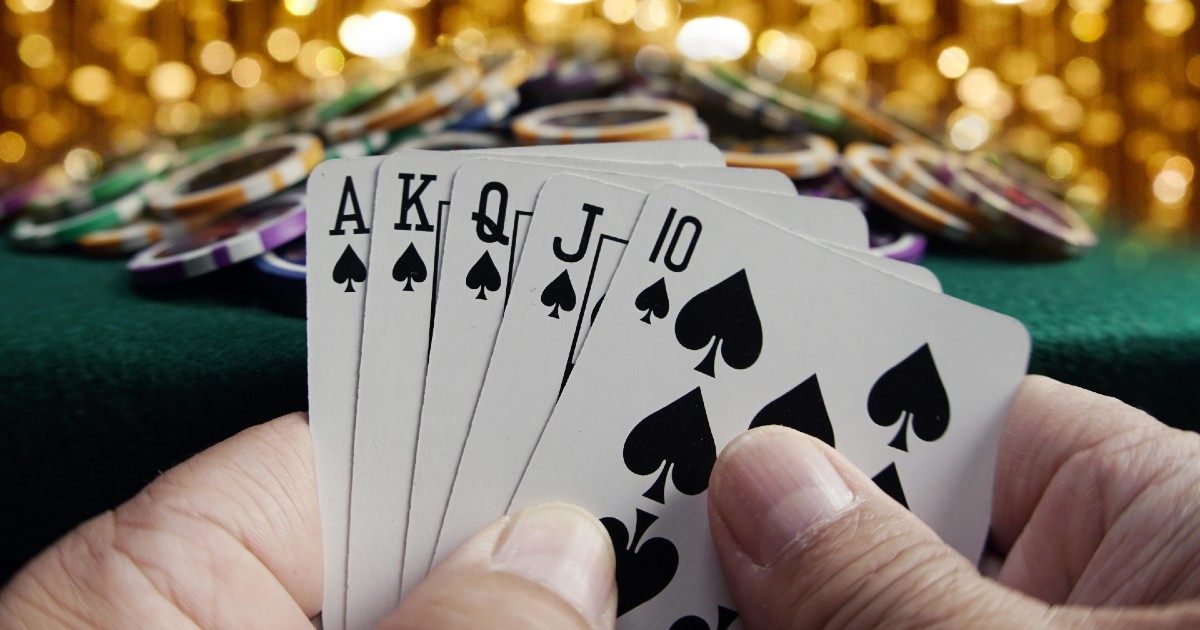
Poker is a game where players use cards to create the best hand possible. Each player begins the game with a set of poker chips, which they can then bet or raise.
The first betting round is called the flop, which deals three cards face up on the table. During the second round, called the turn, another card is dealt that anyone can use. The dealer also puts a fifth community card on the board, which will be revealed during the last betting round, known as the river.
One of the most important aspects of poker is the skill of reading other players’ actions. There are a variety of factors that you can take into consideration, such as how often they bet or fold, and how they react to the flop.
It’s also important to be able to recognize the type of hands your opponent might be holding. For example, if he bets often and folds often, it might suggest that he is playing only weak hands, such as small pair or a low pair.
You should also pay close attention to your own play, as this will help you improve as a poker player. You can do this by using a poker software program or by reviewing your own hands.
The more you learn, the better your poker skills will become. The key is to practice your new poker skills at real-life games. Whether you play online or offline, it’s important to keep a positive attitude no matter what.